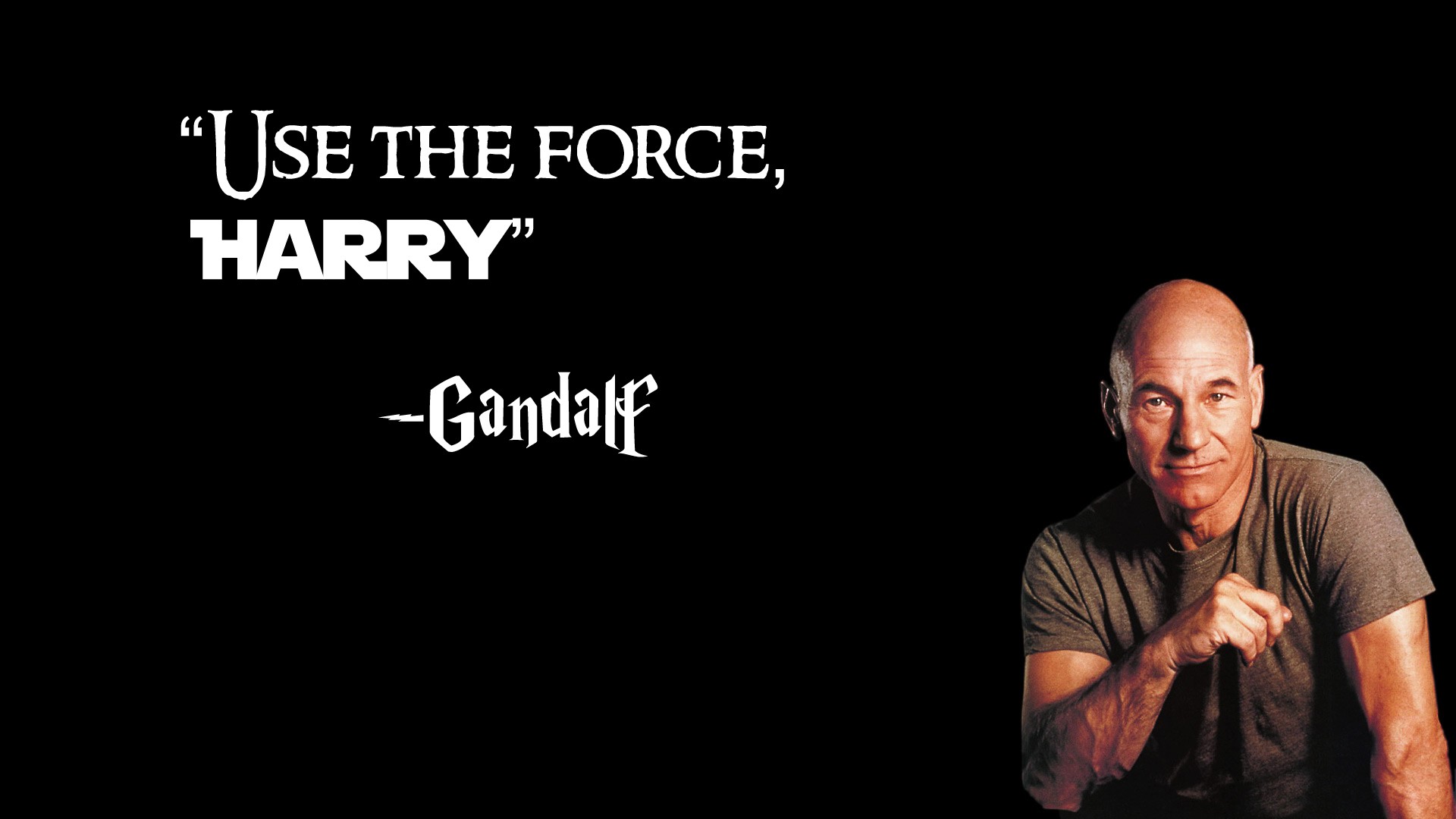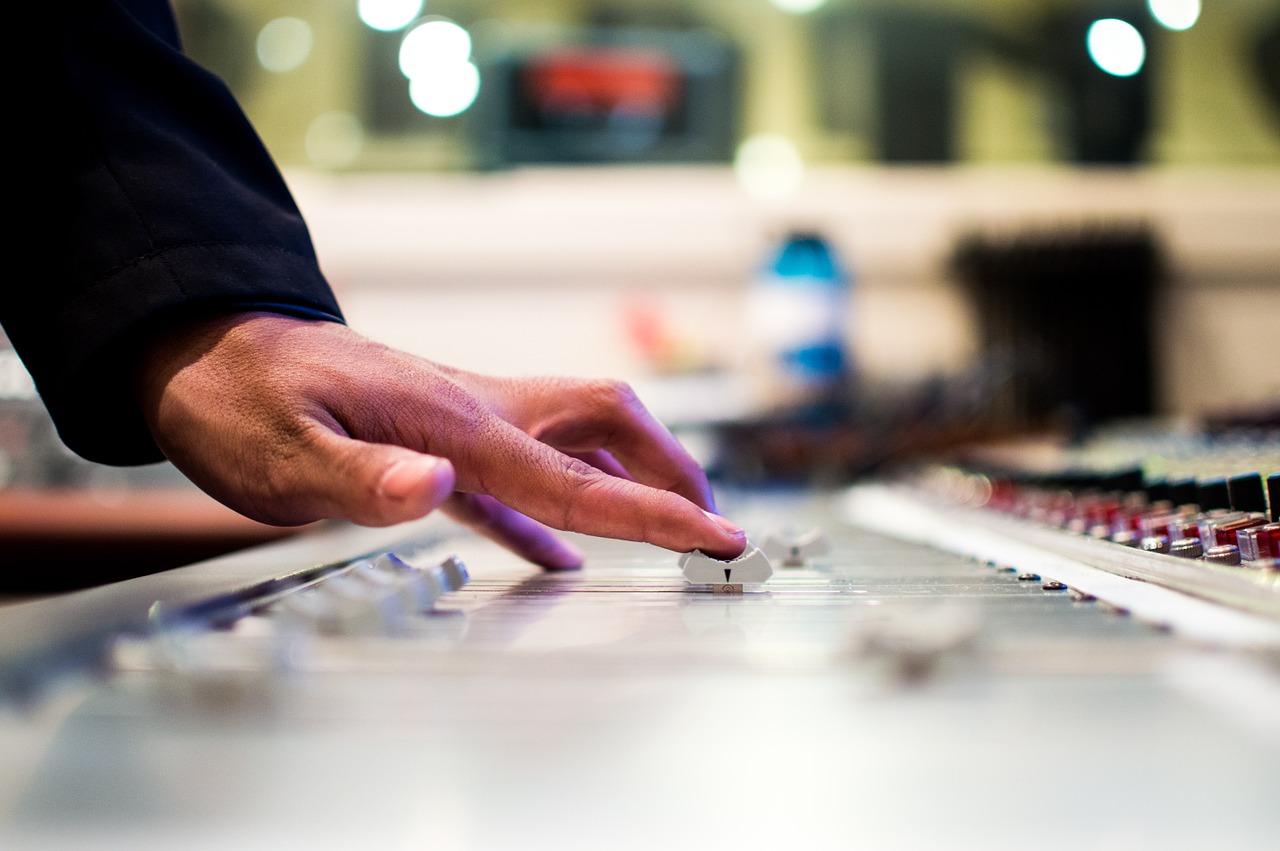Quotes
By using a quote in your speech you borrow credibility from from a respected source. But how do you find the right quote for your topic? And how many should you use?
Less is more
To start with the last question: I would say just a few.
A seven minute speech could use one, maaaaaybe two. A half hour presentation perhaps up to four. But according to some, one quote ought to be enough for anybody.
If you borrow too much credibility people might start thinking you’re pretentious. Now you might think: Pretentious? Moi?
But I wouldn’t stretch it. I know very few people who can get away with more quotes. Actually, come to think of it, just one.
The act of repeating erroneously the words of another
Quotes are dangerous. One of the reasons is that they are often wrong. There may be several versions doing the round, and when you dig deeper – and you should – it turns out that the original is different from the version you wanted to use. Less sexy. And from someone else. Take this one:
Our deepest fear is not that we are inadequate. Our deepest fear is that we are powerful beyond measure.
— not Nelson Mandela
Now what do you do? Misquote, misattribute, and hope they don’t notice? You’ve got to ask yourself one question. Do I feel lucky? Well, do you, punk?
If you chase fame, you make bad choices
Who do you quote?
Please don’t let it be Einstein, Mandela, Gandhi and Churchill again. Not only because the quote you just found on the internet is probably wrong and not by them, but because everybody knows they are the easiest choices.
Instead, try to find a quotation by someone known to your specific audience. That makes the quote a lot more intimate.
Nerds? Yoda quote
Humorous speech? Fake quote
Toastmasters? Smedley quote
You get the idea.
Train yourself to not just go for the first quote that pops up in your Google search, but to dig deeper. Quality is not an act, it’s a habit.
All’s well that ends well
But then! Then! If you omit the obvious, dig deep, and find a quote that resonates from a source, then you’ve struck gold. You’ve enriched your own words with those of a wise person. Oh, wouldn’t it be loverly?
Attribute
And of course, don’t forget to attribute your quotation. So here we go:
- An apple a day keeps the doctor away – proverb
- Less is more – Ludwig Mies van der Rohe
- 640K ought to be enough for everybody – attributed to Bill Gates, who probably never said it
- Pretentious? Moi? – John Cleese – Fawlty Towers – The psychiatrist
- The act of repeating erroneously the words of another – Ambrose Bierce (maybe) on quotes
- Our deepest fear is not that we are inadequate. Our deepest fear is that we are powerful beyond measure – Marianne Williamson, A Return To Love: Reflections on the Principles of A Course in Miracles
- You’ve got to ask yourself one question. Do I feel lucky? Well, do you, punk? – Clint Eastwood in Dirty Harry
- If you chase fame, you make bad choices – Justin Theroux
- Quality is not an act, it’s a habit – Aristotle
- All’s well that ends well – Shakespeare
- Oh, wouldn’t it be loverly? – Alan Jay Lerner – My fair lady, act I
How many did you recognise?









